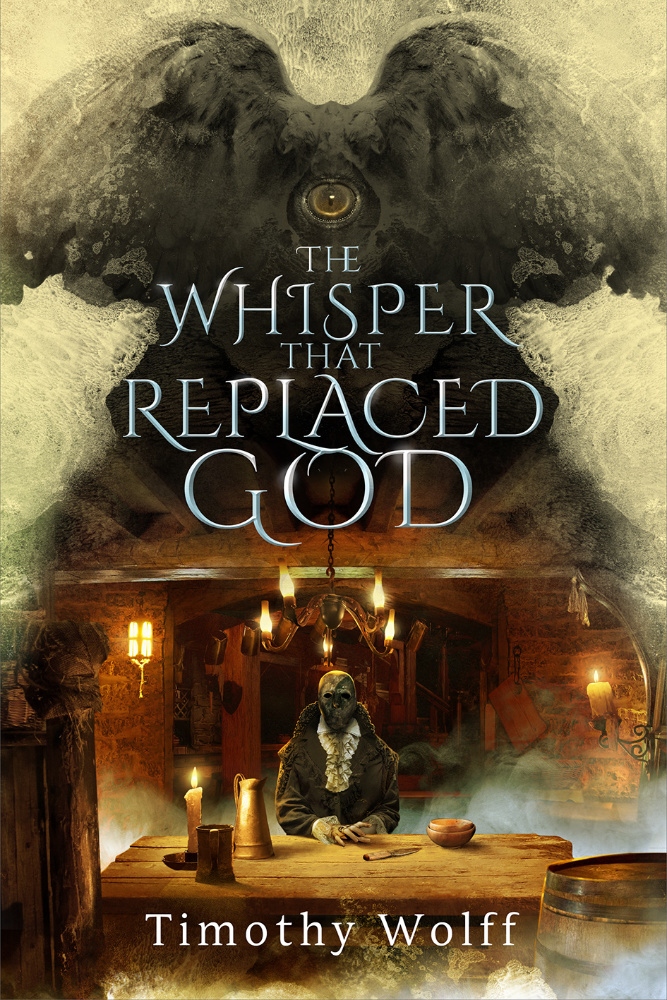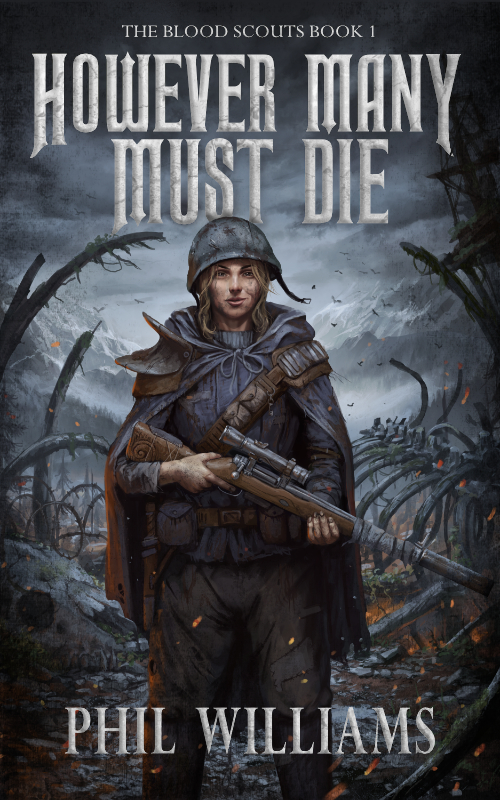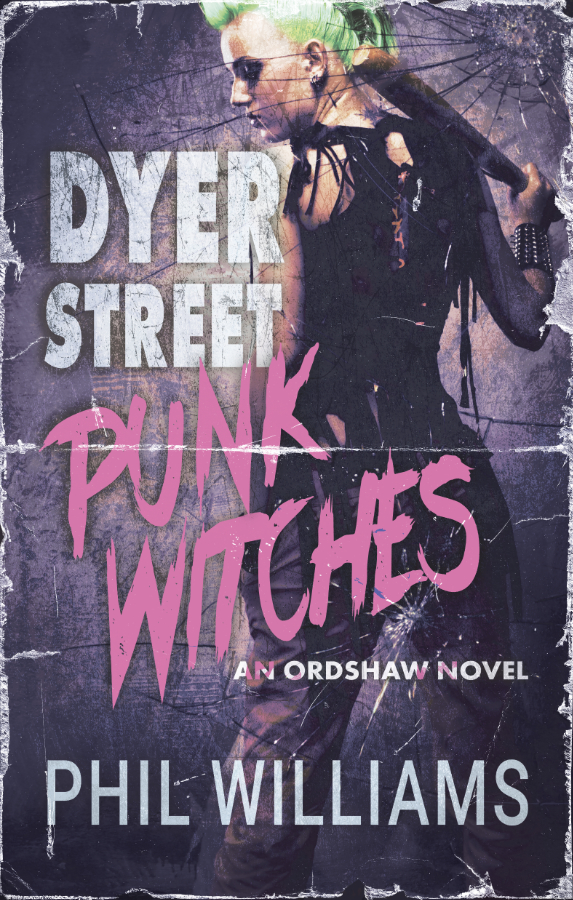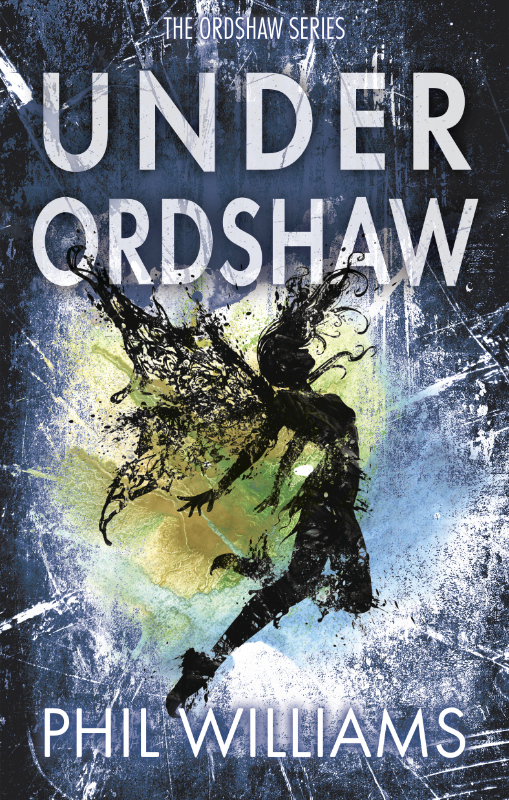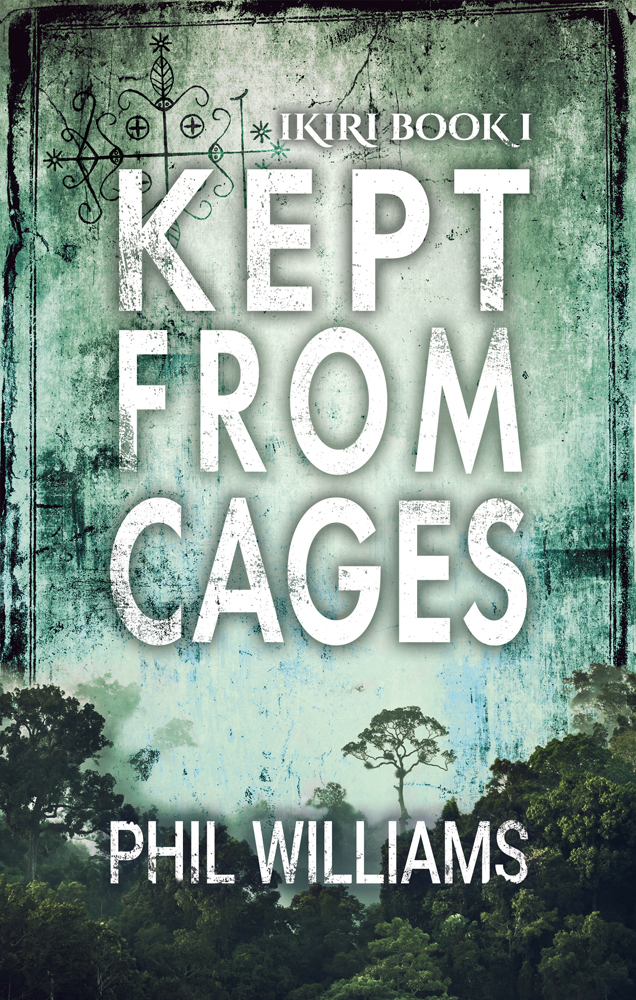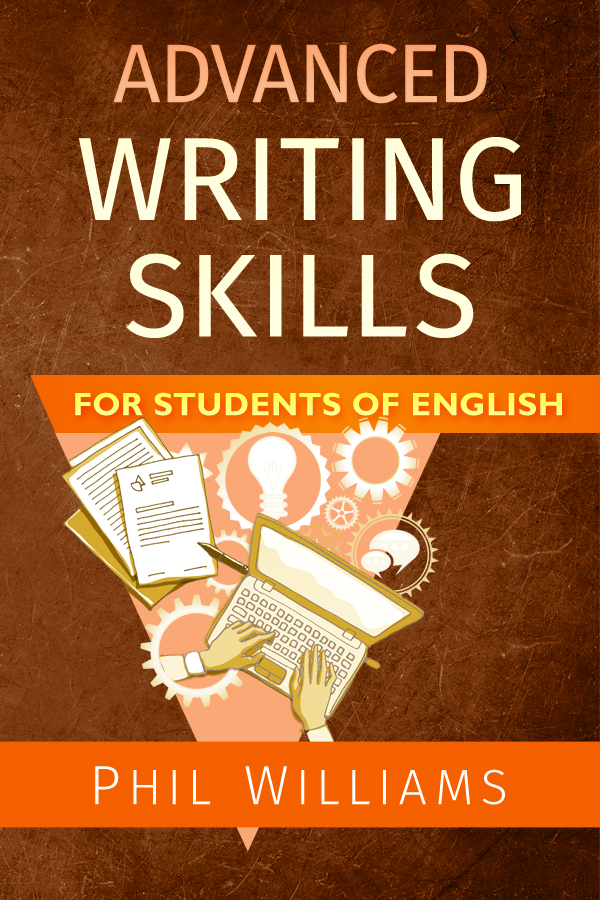Continuing my series of author interviews with SFINCS contest finalists, we now welcome Timothy Wolff, author of The Whisper that Replaced God, a stand-alone dark fantasy novella!
The Whisper that Replaced God by Timothy Wolff
Murder is just, so long as it serves the crown.
Hidden behind a mask and with a dagger in his sheath, Mute serves the crown with pride. A fair life, if not a monotonous one. But his next contract nicks too close, for murder within a brothel is always nasty business, especially the one which Mute frequents. The brothel his Dorothy works, his Dorothy who awaits Mute and only Mute. Surely none would dare touch her, for if they did, royalty or not, they would fall to Lord Mute, the Silent God’s chosen one. They would scream…
And not a sound would be heard.
And find it on Goodreads here.
About the Author
Timothy Wolff lives in Long Island, New York, and holds a master’s degree in economics and a career in finance. Such a life has taught him the price of everything but the value of nothing. He enjoys pizza bagels, scotch, karaoke, oxford commas, and spending the day with family and friends. The obvious culmination of the past 37 years was to write a 400+ page fantasy novel where a drunk teams up with a swordsman, two mages, and lizard-people to oppose god. Why do we write these in the third person?
Strength without honor—is chaos!
Onto the interview!
PW: What inspired / motivated you to write this book?
TW: I had just finished my trilogy the Legacy of Boulom and was stumped creatively on where to go next. I wanted to keep writing but needed something completely different. There is a chapter in book 3: Age of Arrogance that is written in first person. It was the first time I had ever written in that perspective and I truly enjoyed it. It’s strange to admit, but there was no real emotional drive to write Whisper. Legacy of Boulom was stalling and I just wanted to create something “good” where I could show my growth as a writer. I honestly can’t believe the positive reception this novella has received so far.
PW: And was it always intentionally a novella?
TW: Always. After writing 3 books at 100k+ words each, I wanted to try my hand at something shorter and enter SFINCS. As every published author knows, it can take a very long time between that first draft and final release as you book editors, cover artists, and proofreaders. When I’m in a good mental space I can usually crank out 1000 words in a writing session. The theory was I could technically finish a rough draft in a single month, which ended up happening. Editing costs were much less at 20k words as well.
PW: Nice to hear it all went to plan! Did the story itself behave too, then, or has it changed since your original idea?
TW: Fortunately Whisper is far more character driven than story. I never had to worry about losing the plot because the plot itself didn’t really matter. Many of my reviews have a line akin to “not something you read for the plot” and I absolutely agree.
PW: How does this book fit into the rest of your work?
TW: I wrote this story as a standalone that takes place in a completely different world as my trilogy. I had no intention of expanding anything (which is one of the reasons the world may seem undeveloped). However, the novella really took and found some hardcore fans. In 8 months Whisper has reached 83 ratings on Goodreads, which is laughably better than anything I could have anticipated. I’ll admit I am now expanding on the world not because it’s my passion, but people seem to love it. Whisper 2 came out this month, and Requiem of Dice (full-length novel in same world) should be out early next year.
PW: Do you find this length of story presents any particular opportunities compared to longer or shorter forms?
TW: Absolutely. Up until this competition, most of the novellas I’ve read were side-stories/prologues in already established worlds. While interesting, they tend to struggle in SFINCS as the judges (just in my opinion) seem to favor the true standalones. I’ve read some amazing work this year. Sistah Samurai (can’t believe it was cut) was excellent, and As Born to Rule the Storm is a masterpiece. Objectively, it’s much better than my own work, and it’s honestly so good I’ve mentally checked out of the competition LOL Having smaller expectations has definitely made this less stressful.
PW: Agreed on both counts there, I had to double-check when I went through the finalists that Sistah Samurai wasn’t there! But they’re both great examples of what can actually be done with a novella – and I haven’t got to yours yet but I expect it is too! On the other hand, though, does publishing a novella present any particular challenges compared to longer or shorter work?
TW: Tough question. As a pantser, I’ve thrived in it so far just because the shorter runtime means less chance of plotholes. I do think there is more pressure to write “well”. When there are only 70-80 pages of a story, every page has to be essential to the story. There is little to no time to have those classic fantasy chapters where characters drink wine and yell exposition to each other.
PW: You’ve said you’re returning to the story for sequels more from popular demand now, but as you built a new world for this story, did you already find you had a lot more detail than you could fit in the small space?
TW: I actually had the opposite problem. I didn’t want to get into the complex worldbuilding that you normally see in epic fantasy. The POV character is a prince so that helped me get around having other characters explain mundane stuff.
PW: Ah, sneaky. Do you have any notable experience to share for marketing novella-length fiction?
TW: This book has sort of marketed itself. I have been extremely fortunate to have gotten positive early reviews, and instead of posting BUY BOOK NOW I just quote tweet all the positive stuff. When a book only takes 2-3 hours to read, it’s not that hard to get people to give it a shot. SFINCS has helped me out a ton. I wouldn’t be anywhere near 83 ratings if I didn’t reach the finals. While I do believe this is the end of the road for Whisper, I’m extremely grateful to have made it this far.
PW: What’s next for this book, and your work in general?
TW: Requiem of Dice, a full-length standalone novel in the same world as Mute. After that I have no idea. I don’t plan to write more in the Mute world, but honestly I’ve reached the “give the people what they want” phase of my author career so anything is possible.
PW: Lastly, how has reaching the SFINCS finals impacted you?
TW: It’s been a wild ride. I have been EXTREMELY lucky to have been paired with judges who enjoy my work for the most part. I feel qualified to say this as a finalist: these competitions are more luck than anything else. Some truly excellent novellas were cut in the first round and that’s just the luck of the draw. That being said, I’m proud of this stupid book. I’m at the point where I don’t care if it receives bad reviews because it’s objectively a strong book. It’s a level of zen I never thought I would reach.
PW: Well I wouldn’t talk yourself down too much but you’re not wrong either; there is an element of luck and these competition don’t always go the way we’d expect. But I would say all the finalists are worthy, so there’s definitely a great degree of talent involved too, and I look forward to reading yours!
Thanks for your time and good luck!
I’ll be back soon with the next of our finalist interviews, and remember you can keep up with the full competition here. And be sure to check out The Whisper That Replace God!

